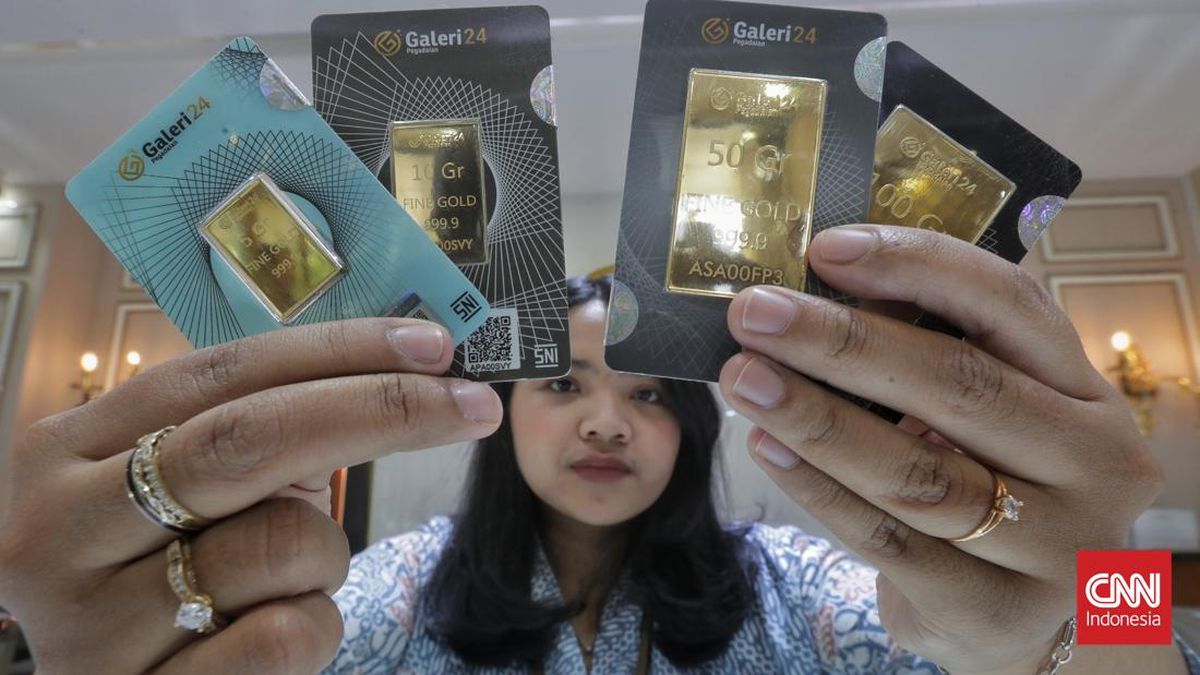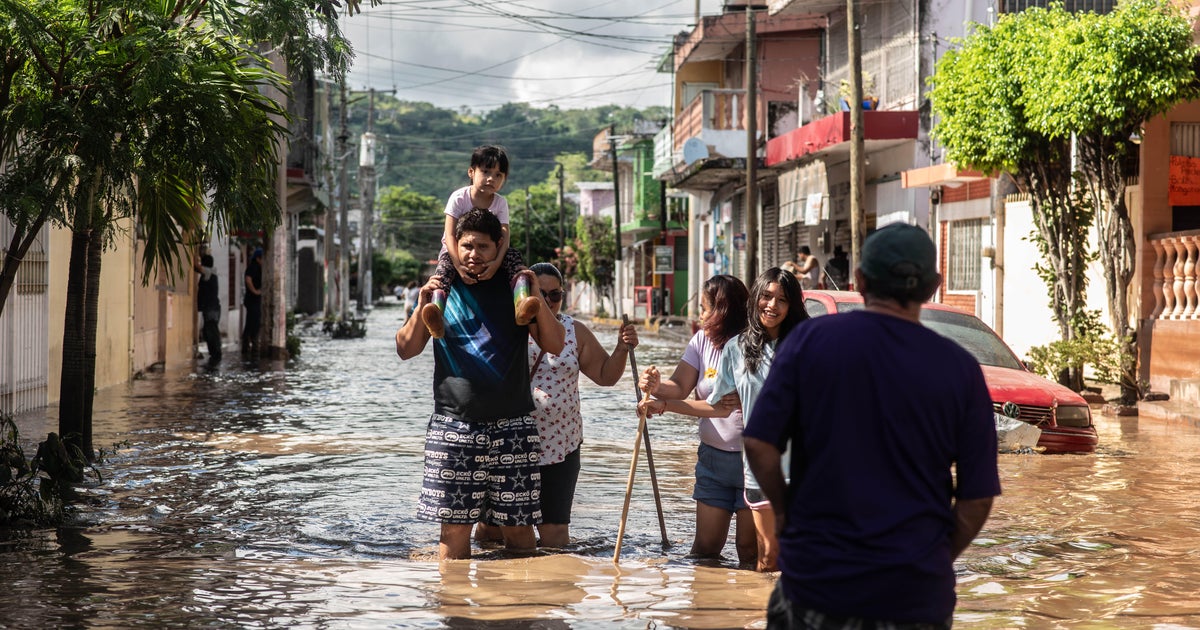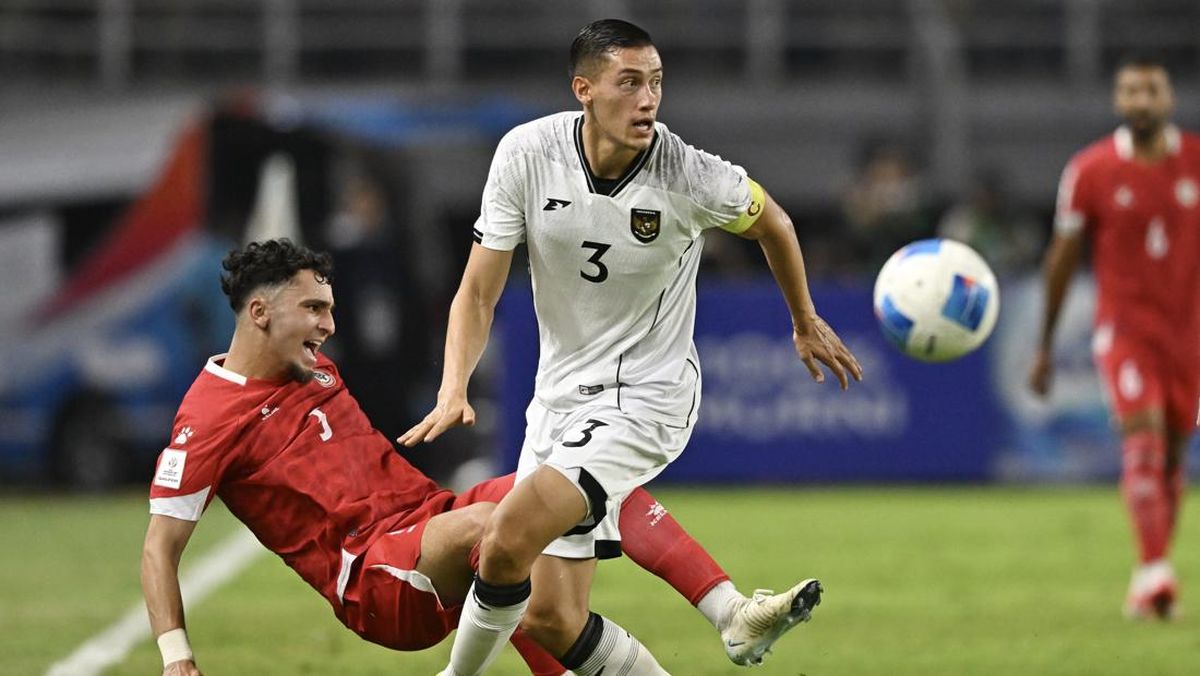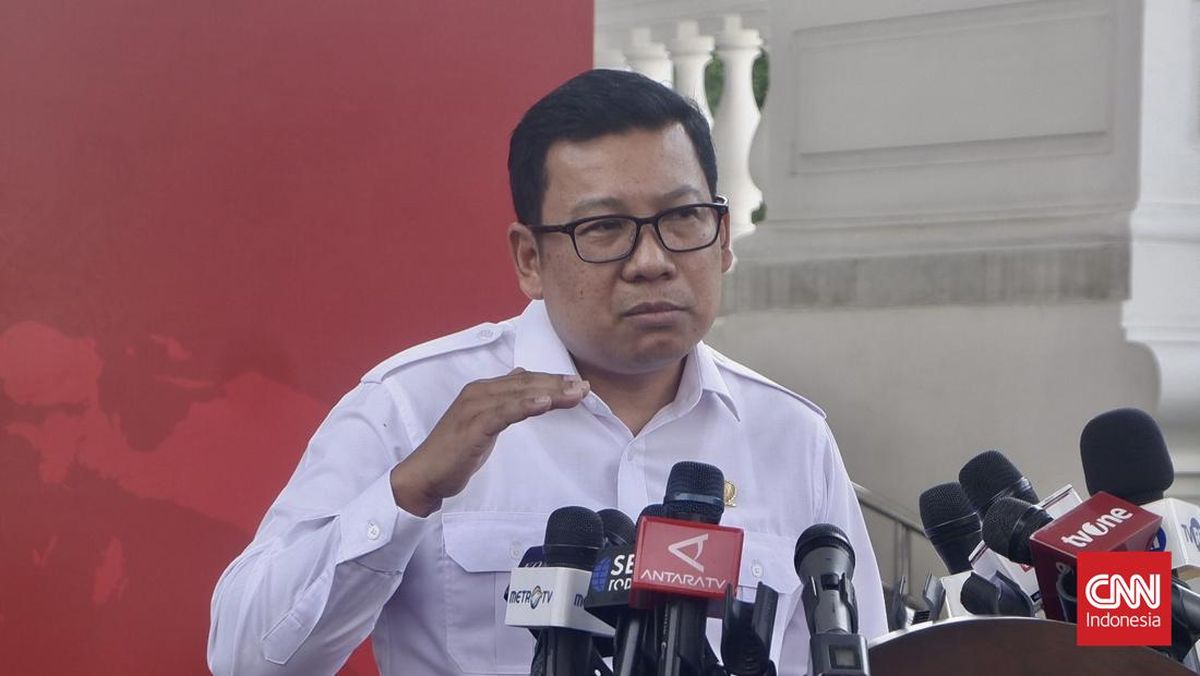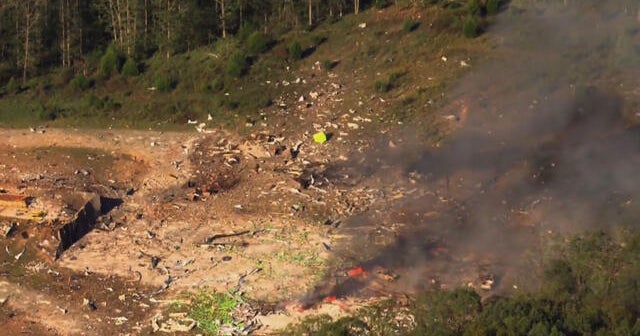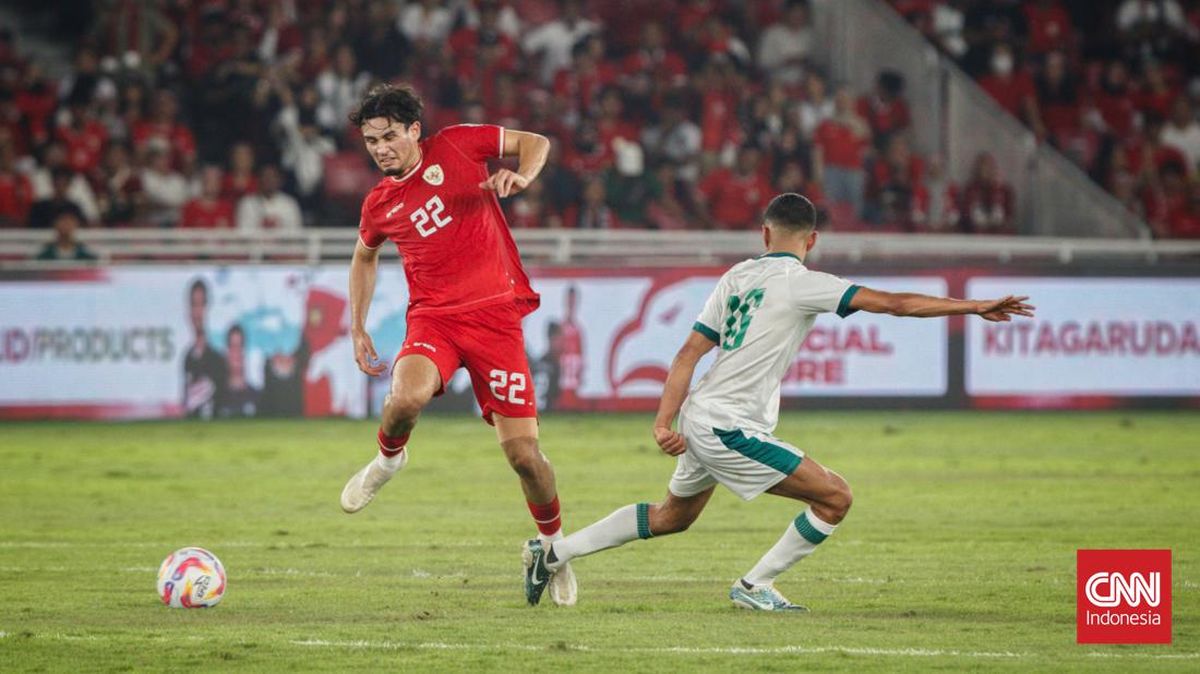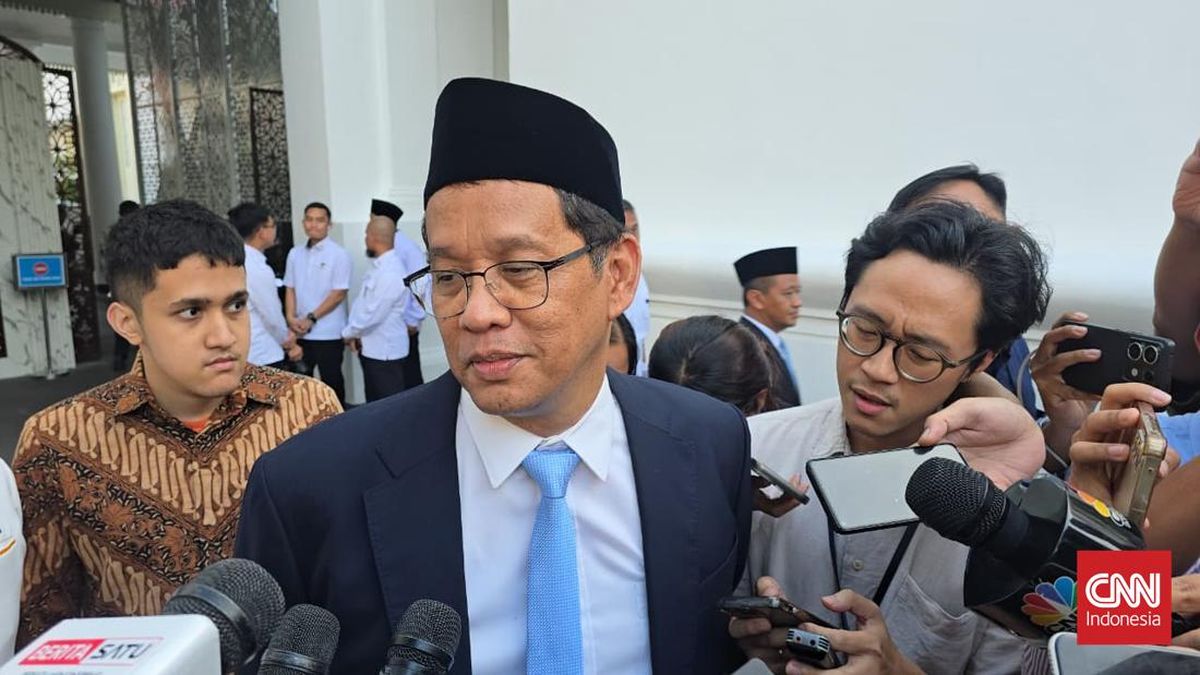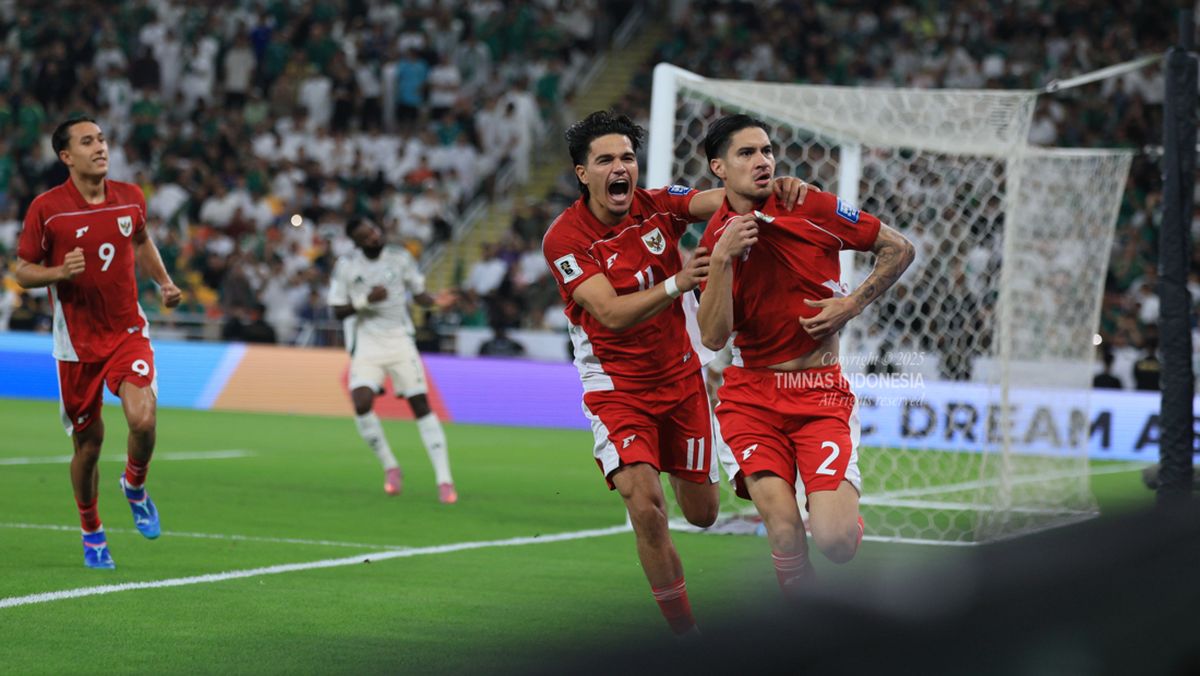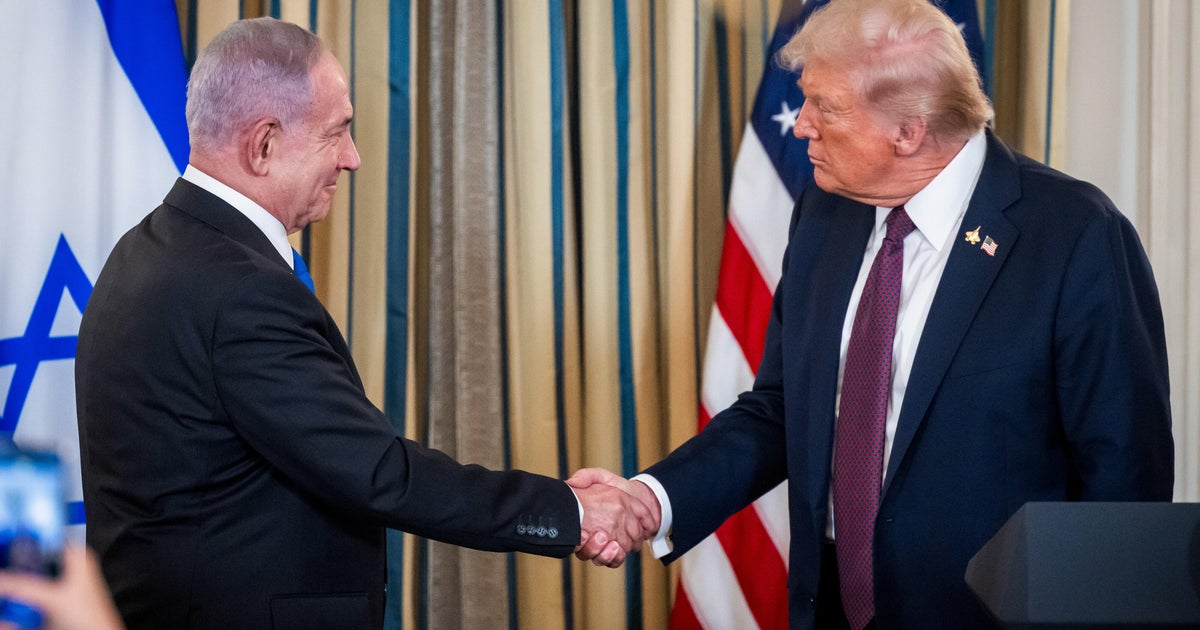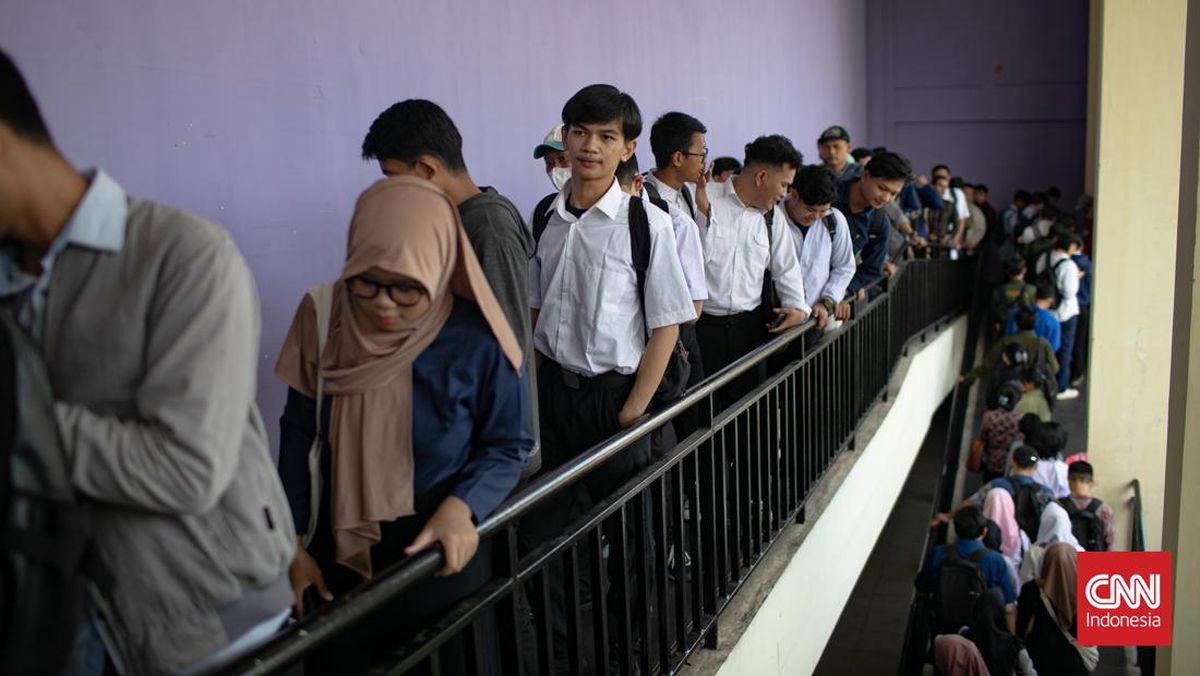Opinion
October 11, 2025 — 9.33am
October 11, 2025 — 9.33am
ARL Commission chairman Peter V’landys could well be a master of prescience and on the money. The nascent R360 rugby competition’s origin story could have come from a cereal box. Conversely, the planning behind it may be moderately more sophisticated.
But is R360 any wilder an idea than reckoning an NRL franchise ought to be domiciled in Port Moresby? Or did that idea come from a Corn Flakes box, too?

Mike Tindall is the face of R360, and the rebel rugby competition is going after big-name league players such as Payne Haas and Ryan Papenhuyzen.Credit: Graphic: Matt Willis
No offence, but I can’t calculate in my head the total amount of tax-free dollars you’d have to pay me before I’d choose to declare myself a tax resident of the independent state of Papua New Guinea.
Seriously, the idea – that rugby league players might need the carrot of tax-free money dangled to convince them to leap across the Arafura Sea – seems oddly myopic. And that’s being polite.
To qualify as a tax resident of a jurisdiction, you usually have to at least live and sleep there most nights of the year. Not many rugby league players with a significant other are shifting into a secure compound.
Imagine the idea of having to take armed guards every time you take your kids to the local 7-Eleven for a chocolate milk.
This leaves us with a diminished subset of players from which a PNG squad can be constructed. And how many such players are there? The point is, you can diss the idea of a PNG NRL team just as you might deride R360. Each might succeed magnificently; both might crash and burn in months.
Nonetheless, here’s to unyielding ambition! An NRL team based in PNG is a perfectly nice idea – in theory.
Let’s revert to this mooted R360 competition. Sooner, and not later, scores of rugby union and rugby league players in Australia and elsewhere will have serious career decisions to make, and their own Rubicons to cross. The gravitational pull of being paid in US dollars is attractive, even if the 45th /47th President of the United States is off the leash with such magnificence that he can shift the value of the greenback with an utterance.
The idea that players might relocate their tax residency status to Dubai or somewhere else within the United Arab Emirates, to end up paying minimal or no tax, is another lever that’ll be pulled.

Payne Haas is on R360’s radar.Credit: Getty Images
And consider both those factors in the context of players being offered salaries that NRL clubs, Super Rugby franchises, and national unions can’t hope to match. If Payne Haas wants $US5 million tax-free a season, then I kid you not, the R360 people will likely agree.
In rugby league, Haas would be lucky to ever sign a contract for a third of that. In Australian dollars. And then he has to pay the Australian taxman a bit less than half of that.
So if you’re a middling Super Rugby player, or a professional NRL player devoid of much prospect of joining the ranks of the game’s elite within the next decade, what is actually restraining you, besides fear of the unknown?
Sure, R360 could be a concept worth the value of a plastic toy at the bottom of a Corn Flakes box. But domiciling an NRL franchise smack bang in the middle of the capital city of a third-world country isn’t without risk either.
If I were acting for a player, free from existing contractual obligations forbidding negotiations and legally able to accept an offer to play in the R360 competition, I’d demand a couple of showstoppers.
First, a three-year contract, and not a day less.
Second, that the whole of the contracted salary amount, in US dollars, be put into a controlled monies account that can be operated only with the authority of the player, his agent and his employing franchise. Because that’s the only way to ensure the whole of the agreed monies will definitely be there each payday in 2028.
Loading
Signing a long-term agreement with untried organisers promising untold fortunes could end up like winning a sweepstakes that promises a million bucks a year for the rest of your life, but the company files for bankruptcy 55 years before your projected life expectancy ends (as happened in the US this year, when Publishers Clearing House went bust. Google it).
Third, I’d demand a cast-iron tax indemnity, which operates so R360 must indemnify the player in all circumstances and for all taxation amounts payable, if it ever comes to pass that any part of the player’s salary is subject to taxation in their usual place of residence, or elsewhere. Because tax laws can change.
Fourth, I’d insist that R360 takes out an insurance policy in my client’s name, that guarantees payment of all my client’s remuneration in the event the competition’s fortunes and financial backers vanish.
I’ve acted for several professional coaches and players who’ve taken the bait and shifted their whole lives to play or coach in the “sporting Meccas” of Saudi Arabia and the UAE. Almost inevitably, they get stiffed financially sooner or later, forcing them to fight their employing clubs through FIFA’s judicial systems.
Loading
I won all those cases and got them their money. But that’s only because FIFA’s rules permit transfer bans and other footballing sanctions to be imposed on the non-paying clubs if they stonewall.
R360 isn’t sanctioned by World Rugby; players and their agents won’t really know who they’re dealing with. Indeed, national unions, including Rugby Australia, have announced that R360 players will be banned from international and Olympic representation, which evinces the idea of the “world game” cutting ties.
Note for completeness, however, that the Australian Rugby League tried the same tactic with Super League defectors 30 years ago. The tactic failed, legally. None of this is hypothetical scaremongering.
As an athlete, Michael Johnson, he of the gold shoes and bolt-upright running action, was peerless. During his career, he won four Olympic gold medals, and twice as many at track and field world championships. No silver; same number of bronze. As a sport commentator on the BBC, he was McEnroe-esque. As a sporting impresario though, not so flash. Johnson’s Grand Slam Track professional athletics league owes money all around the US and Europe. Grand Slam Track has undischarged obligations to pay numerous athletes a combined debt of many millions. It won’t ever be able to.
For its financial year ending December 31, 2024, LIV Golf Limited – the UK-registered entity that together with its subsidiaries engages in the promotion, management and execution of the Saudi- backed LIV Golf League – reported consolidated losses of $US462 million. That’s worse than the nett $US396 million torched in 2023.
LIV Golf is a money bonfire. Maybe those in charge of the Saudi sovereign wealth fund will keep stumping up for the next 50 years; or perhaps they’ll pull the pin in 2027. The problem is, nobody knows. And Dustin Johnson, Patrick Reed and Bryson DeChambeau are still pariahs in world golf, even if the frigid temperatures have thawed a bit. The rugby league and rugby union multiverse might treat “rebel defectors” the same, whether it’s right or not.
R360 isn’t a stupid concept drowned in madness. Nor is having a rugby league franchise in the only country in the world that counts rugby league as its national sport. Each idea, though, carries magnificent risk for those who matter most: the athletes.
Most Viewed in Sport
Loading




